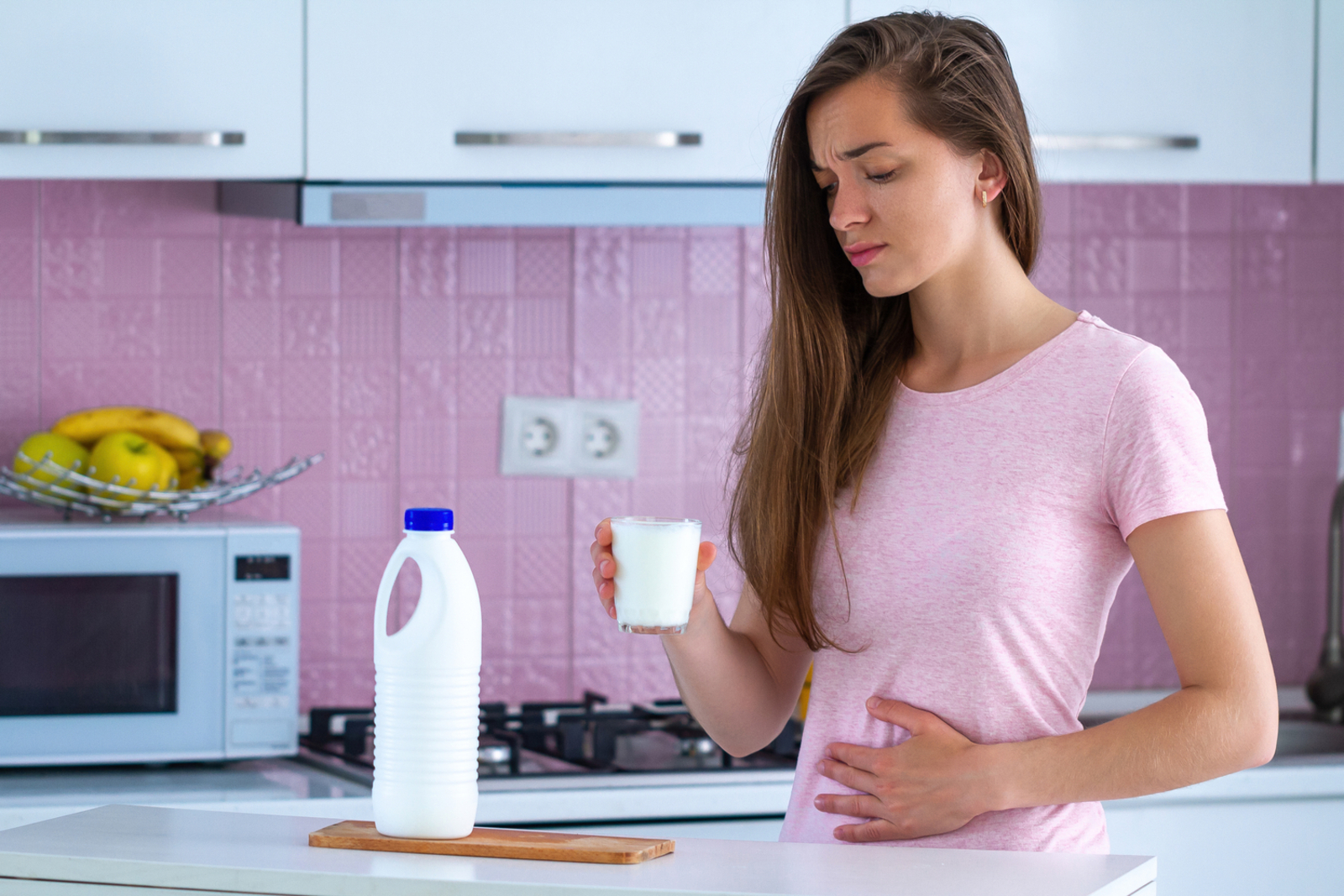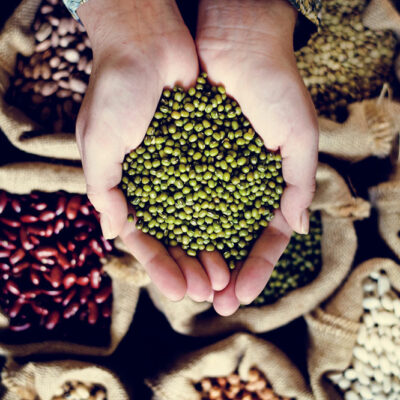
Foods That Can Trigger Ulcerative Colitis
If you have been diagnosed with ulcerative colitis, you may wonder what foods you should avoid. This can be difficult to answer, as everyone’s body is different and will react differently to different foods. However, there are some general guidelines that you can follow to help minimize your risk of triggering a flare-up or causing Crohn’s disease. For instance, following doctors guidelines when taking medications like entyvio, stelara, and simponi is vital to managing your condition. Diet also plays an important role. In this blog post, we will discuss the most common food triggers for ulcerative colitis symptoms and provide tips on avoiding them:
1. Dairy
Milk products, such as milk, cheese, and ice cream, are also common triggers for symptoms of ulcerative colitis. These products contain high levels of lactose, which can be difficult for those with ulcerative colitis to digest. In addition, the protein in these products can also trigger an inflammatory response in the body. These effects manifest from the release of cytokines in the small intestine, which can cause abdominal pain, bloating, and diarrhea. Thus, it is best to avoid or limit your intake of these products if you have ulcerative colitis.
2. Butter or margarine
Like dairy, margarine and butter contain lactose and are both high in saturated fat, which can trigger inflammation in the body by causing the release of inflammatory cytokines. In addition, margarine and butter are also high in cholesterol, which can further contribute to developing ulcerative colitis. For these reasons, avoiding these products or using them sparingly is best. Also, avoid processed foods that contain these ingredients, such as cookies, crackers, and cake. These foods can also contain other inflammatory triggers, such as sugar and trans fats, that can exacerbate your symptoms.
3. Carbonated beverages
Beverages such as soda, seltzer water, and beer can also trigger symptoms of ulcerative colitis. These drinks contain high levels of carbonation and sugar, which can promote the growth of harmful bacteria in the gut and cause inflammation. In addition, the carbonation in these beverages can also cause bloating and gas. For instance, seltzer water can cause abdominal pain and diarrhea in those with ulcerative colitis. You should also avoid other acidic drinks like alcohol and coffee, as these can trigger symptoms. For example, alcohol can irritate the gut lining, and coffee can increase inflammation.
4. Corn
This food is a common trigger for symptoms of ulcerative colitis due to its high levels of soluble fiber. This type of fiber can ferment in the gut and cause gas, bloating, and abdominal pain. It is also high in insoluble fiber, which can contribute to constipation. Constipation is a common symptom of ulcerative colitis and can worsen the condition. Similar to maize, wheat and legumes are also high in fiber and should be avoided if you have this condition.
5. Coffee or caffeine
Caffeinated beverages also contain compounds that can trigger symptoms of ulcerative colitis. For instance, coffee contains caffeine, a stimulant that can cause diarrhea and abdominal pain. In addition, coffee also contains chlorogenic acid, which can increase the production of stomach acid and cause heartburn. When consumed in large quantities, coffee can also lead to dehydration, which can worsen the symptoms of ulcerative colitis. Additionally, tea, energy drinks, and chocolate contain caffeine and should be avoided or consumed in moderation if you have this condition.
These are some of the most common food triggers for ulcerative colitis. If you have this condition, avoiding these foods or consuming them in moderation is best. Additionally, you should also try to consume a healthy diet that is low in fat and high in fiber. This type of diet can help to improve your symptoms and reduce the flares.


